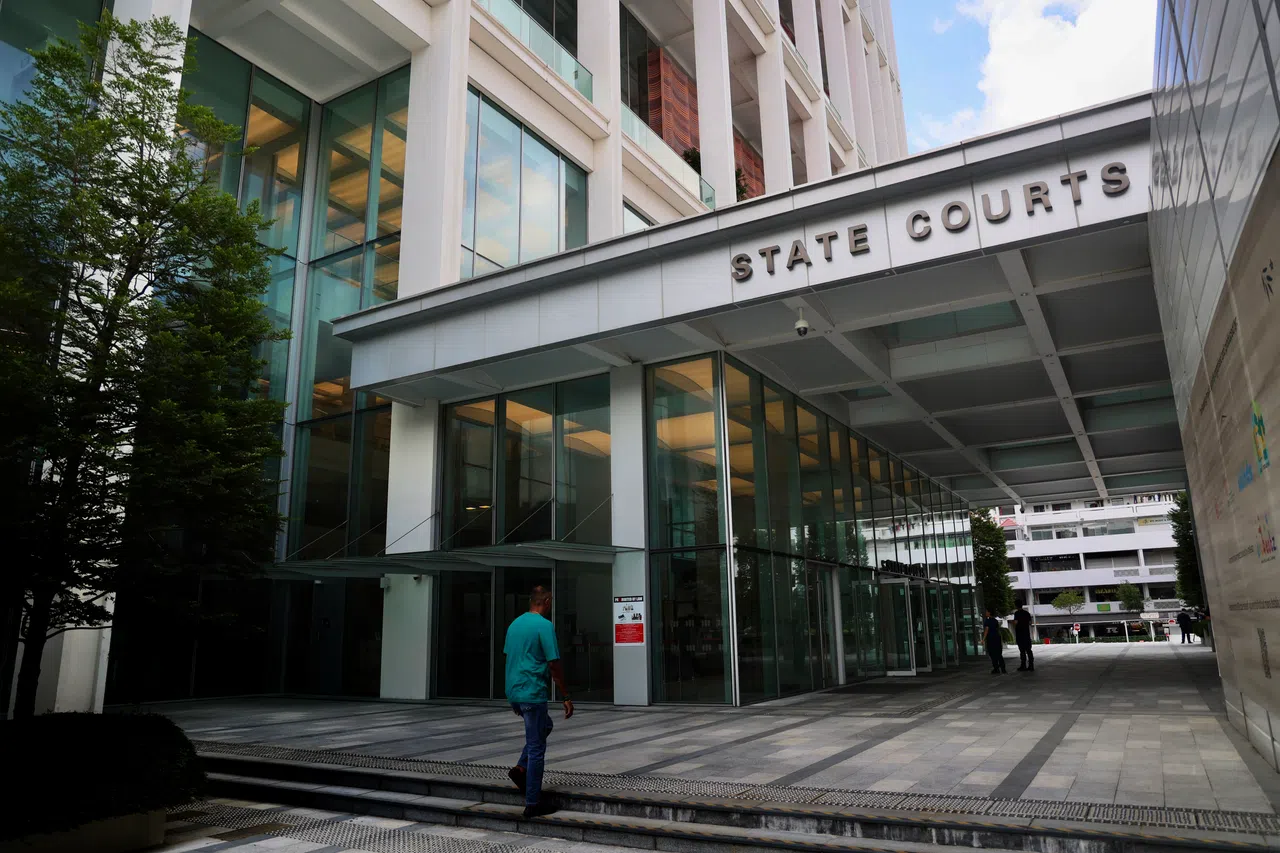Former Swiber director fined S$310,000 for false project announcement, insider trading
YEO Chee Neng, the former chief executive officer of insolvent offshore oil and gas services contractor Swiber, has been fined S$310,000 on four charges under the Securities and Futures Act (SFA).
The sentence was handed to Yeo last Thursday (Jul 4), and includes a S$100,000 fine for a charge under Section 199(b)(ii) of the SFA due to his involvement in Swiber making a false announcement on the Singapore Exchange (SGX) relating to a US$710 million project award.
He was also given a further S$200,000 fine for a charge under Section 218(2)(b) of the Act for instructing his wife to sell their joint holdings in Swiber debentures while in possession of non-public and material information on Swiber’s financial difficulties.
The former CEO was also handed two more fines of S$5,000 each, for two more charges under Section 133(1)(g) of the SFA, for failing to disclose changes in his interest in the Swiber debentures.
Yeo, who is also Swiber’s ex-group president and former executive director, was also disqualified from being a director of any company or taking part in the management of any company for five years.
Five other charges under the SFA were also taken into consideration in sentencing. These charges include insider trading and Yeo’s role in Swiber’s failure to notify SGX of required information.
BT in your inbox
Start and end each day with the latest news stories and analyses delivered straight to your inbox.
In a press release last Friday, the police stated the charge related to the false statement concerned Swiber’s SGX announcement in December 2014 on securing a US$710 million award to provide certain services for an offshore field development project in West Africa.
Yeo was in 2014 a non-executive director of Swiber, prior to being made deputy CEO in 2015, then CEO and group president on Jun 20, 2016.
Investigations later revealed that Swiber, through its senior management, had known that the announcement was materially false, because the company’s wholly owned unit – Swiber Offshore Construction – had signed only a letter of intent authorising expenditure of up to US$2 million on the project.
The letter of intent had merely stated that the contract price was “estimated to be approximately” US$710 million and was subject to review after the conclusion of a study by the subsidiary.
Yeo admitted that he approved Swiber’s announcement despite knowing the letter and its terms – which a person in his position “ought reasonably to have known was false”, said the police.
Swiber’s founder Raymond Goh and former CEO Francis Wong were fined S$100,000 each for similar charges related to the false announcement.
Insider trading
As for the other two charges, investigations found that Swiber was due to redeem debentures worth S$305 million in June, July and October 2016, and was negotiating with third parties to raise funds to fulfil the redemptions, among other operating and financial commitments.
Yeo, who was the group’s CEO at the time, was privy to non-public and material information on Swiber’s financials and believed that if these fundraising exercises failed, Swiber would go into default, said the police.
By Jun 29, 2016, Yeo knew that Swiber had not secured the funds and instructed his wife to sell Swiber debentures held in their joint account.
Yeo’s wife placed an order that day to sell Swiber debentures with a face value of S$500,000, and liquidated half of this position on Jul 5, 2016.
Swiber filed an application to wind up on Jul 27 that year, then withdrew the application and was placed under interim judicial management, defaulting on its outstanding debentures.
“In respect of his insider trading misconduct, Yeo avoided losses of S$629,762,” said the police. He has forfeited this sum in full to the state.
In addition to the Jul 5 sale, Yeo’s wife sold more Swiber debentures with a face value totalling S$750,000 in June and July 2016. After these sales, the couple held further Swiber debentures worth a face value of S$500,000.
Although Yeo knew about the sales around the time they happened, he failed to notify Swiber in writing of the changes in his interest in the debentures, which was required of him as a director and CEO of the company.

